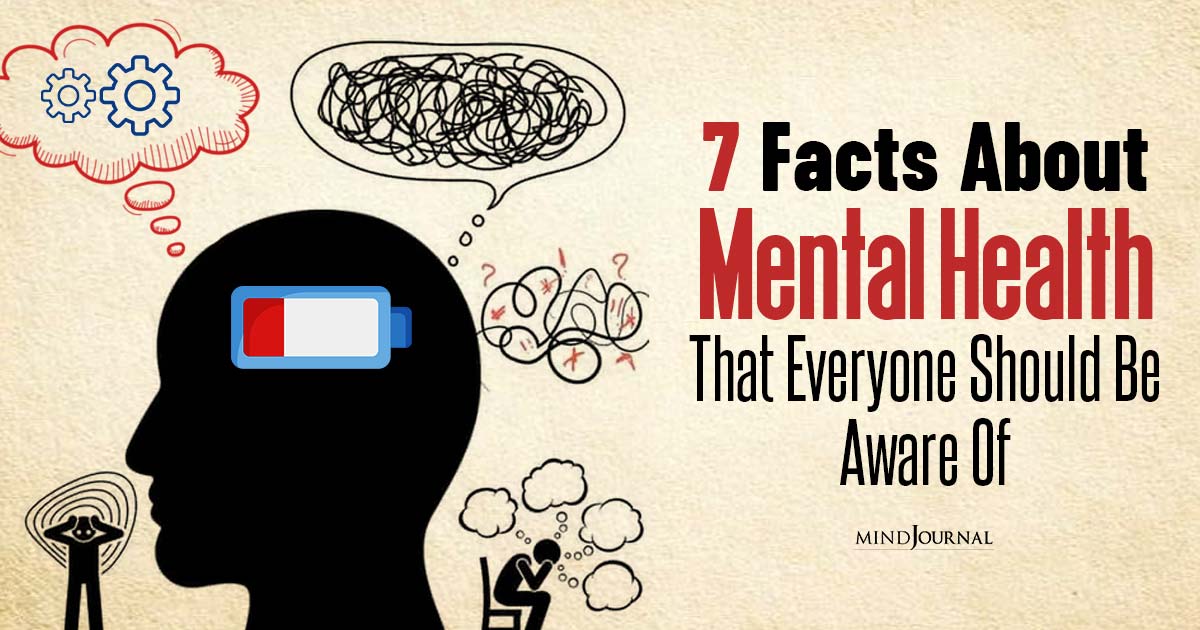Dating with depression
There are two types of depression in life. The first affects pretty much everyone and is all about the highs and lows that we can all experience on a daily basis. Under this banner, people might be depressed because they just had a row with their partner, or found out they weren’t successful with a job application. Negative feelings will persist but they can readily be eradicated by positive news. The second type of depression is something completely different: clinical depression, which is a mental illness. For the sufferer, it has nothing whatsoever to do with life’s natural ebb and flow. It is a constant. While it can certainly be cured, and psychiatric medicine has been recommending remedies for years, it can rarely be eradicated completely. Patients run a risk of regressing even when the original episode occurred in the distant past.
Whether you met socially or ONLINE, being with a depressed partner can be a considerable struggle. But relationships have to cope with all sorts of adverse physical illnesses, from supporting a partner who has survived a serious car accident that has left injuries, to someone having received a cancer diagnosis. Why should mental illness be any different? All you have to do is become familiar with the coping mechanisms, and here are five you should definitely be aware of.
Dealing with depression
One of the worst things any sufferer can hear is the suggestion they ‘pull themselves together,’ as if depression is on a par with laziness. Ridiculous notions like that are an unfortunate hangover from a time when mental ill-health was stigmatized by those who were ignorant of the facts. If your partner is depressed your prime response must be empathy. You’ll need to accept and understand the low feelings they have, no matter how absurd they might seem to you.
Read The 10 Basic Do’s And Don’ts Of Depression
Maintain a balance
In a relationship where one party is undergoing these issues, there will be an imbalance. There will be increased levels of support required by one partner, while the other finds themself needing to make sacrifices. Perhaps social events have to be declined and opportunities like business trips or holidays put on hold. But it is important the depression does not become the sole focus. Obviously you are having to support your partner when they are feeling unwell, but this should not be to the detriment of your own needs and aspirations.
Never trivialize the situation
You must be sympathetic at all times, even if your partner seems to be irrational. Depression is not a normal state of mind, although it is a condition that is certainly far from abnormal. But never be tempted to diminish what they are feeling, perhaps by comparing it to something you believe someone you know has gone through. To your partner, it is a condition that only they can relate to, so you must make allowances.
Accentuate the positive
There’s an old adage (and song) about always looking on the bright side of life. When your partner is depressed it’s so important not to dwell on the tunnel, but on the light at the end of it. It may seem difficult at times but try and maintain an upbeat outlook.
Read 5 Things to Do (And to Not Do) When Your Partner is Feeling Depressed
Be compassionate
Finally, it must be underlined that dealing with a depressed partner requires resilience and patience, but above all, compassion. You are bound to find aspects of their behavior frustrating, especially if they are delusional and won’t listen to sense. In providing support for someone in this vulnerable position you can do wonders for your own sense of self-esteem and responsibility.










Leave a Reply